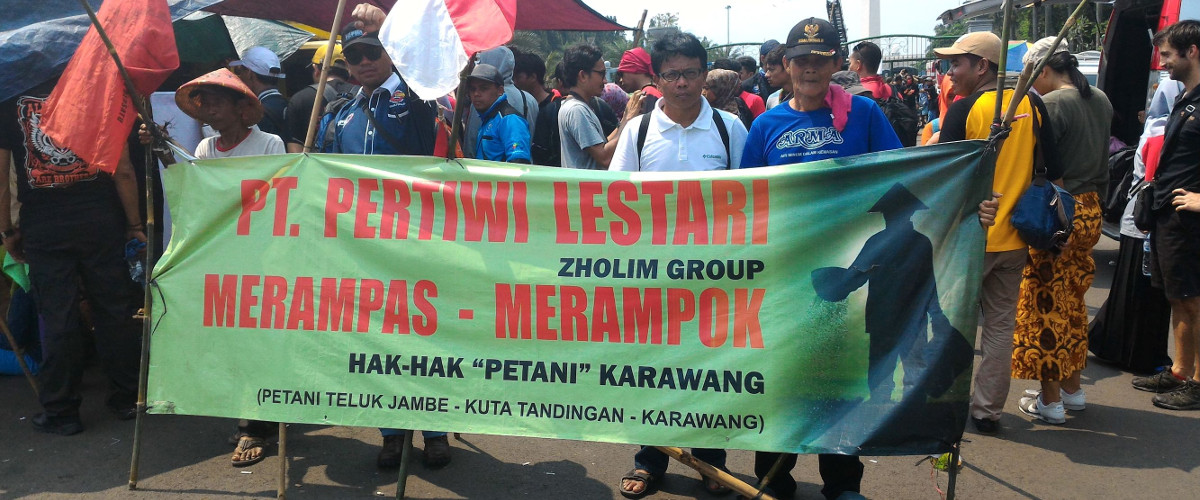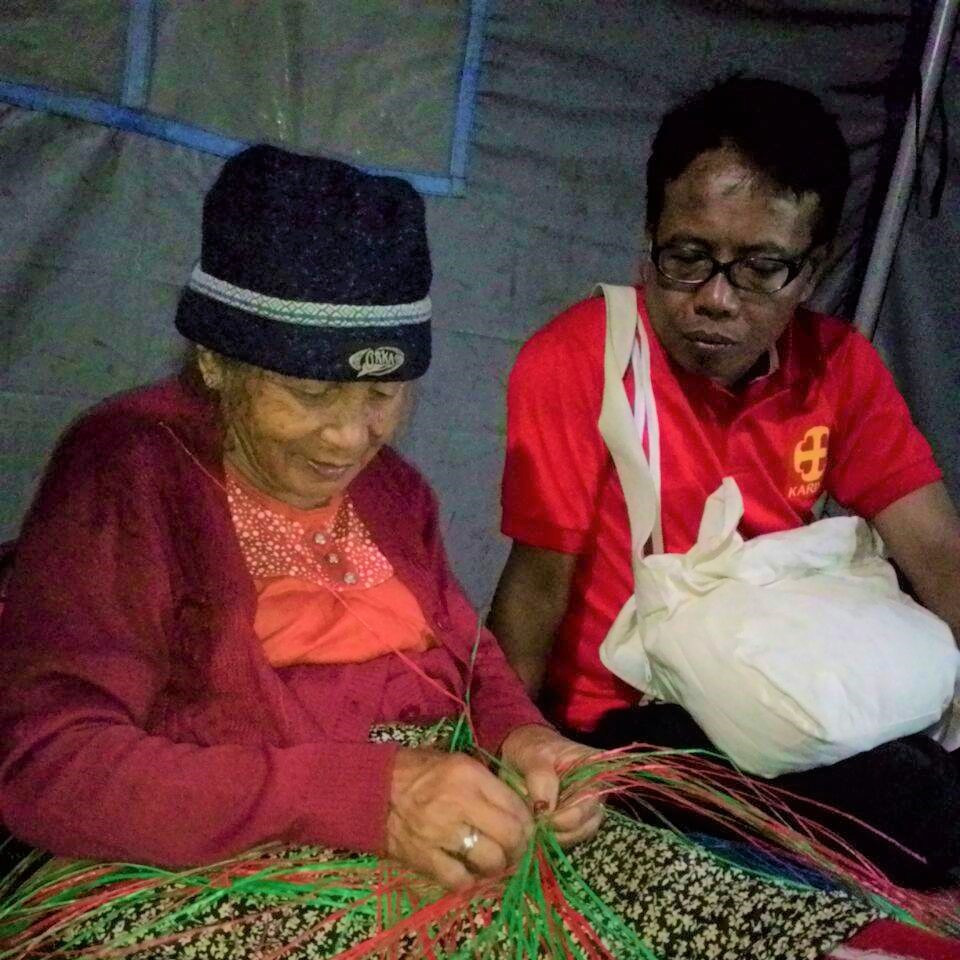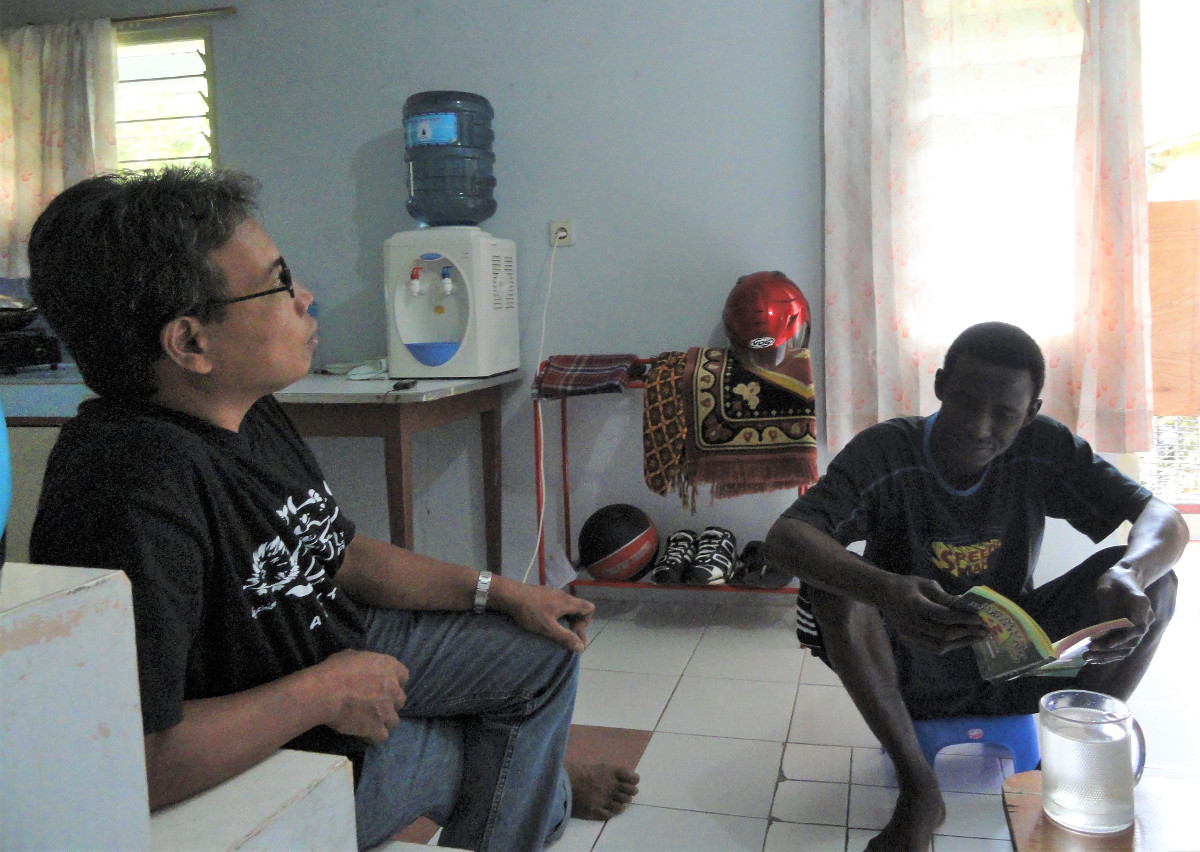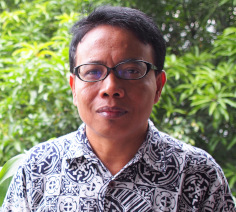
Working for and with the poor and marginalised brings abundant graces but not without challenges and moments of hopelessness and desolation. However, with prayer and dedication, we learn from each other and support one another and find the support of the loving God who leads us on our journey.
The consolation of working with the poor and forgotten refugees is in the sharing of their joy when at last they gain acceptance somewhere. Working with Jesuit Refugee Service (JRS) for nine years has taught me many lessons. I have learned how they deal with difficult situations in their lives. Having very limited access to a dignified life, they still cling to hope for a better life in the future. Living in a transit country like Indonesia that has not signed the Geneva Convention on Refugee Protection, they cannot enjoy access to work, education, social services and other public services provided by the government. They cannot freely move within the country and are always monitored by the security personnel. I can imagine how stressful their lives are without freedom and a clear future. This situation is exacerbated by the fact that most of them leave their family members (wives and children) in their home country. Assisting refugees and asylum seekers has taught me to be resilient and trust God and put my hopes even in a seemingly hopeless situation.
Many people think that refugees and asylum seekers are “illegal migrants”. They are sometimes stigmatised as dangerous people and terrorists. Some people from the transit country argue that government, civil society and communities should focus more on their own poor people than on the problems of refugees and asylum seekers. They argue with relevance that there are still many poor people in their own country in dire need of support, so why care about foreigners.
I learned a lot from JRS and its team who helped and supported me. JRS has been my school where I learned to become a Jesuit. In JRS I found a genuine Jesuit mission among the poorest and forgotten people.
Jesuit life is centred on mission, on being sent. Something would be wrong if a Jesuit is not available to be sent. In JRS I found this spirit of availability. Even lay staff freely expressed the spirit of our mission; willing and able to move from one place to another according to the needs of the people we serve. The Jesuit mission is “to serve faith, promote justice and dialogue with culture and other religions in the light of the apostolic mandate to establish right relationships with God, with one another and with creation” (General Congregation 35, Decree 3, No 12). JRS is on the front line of this mission.
Besides working for JRS Indonesia, I am thankful for the opportunity to work for Caritas Indonesia (KARINA) for almost five and a half years (2012 to 2017) as an executive director for the Indonesian Bishop’s Conference. It was another journey with new lessons. There were two main lessons. One is how to live out the spirit sentire cum ecclesia, meaning to feel with the Church and to love the Church. The second is how to manage the organisation of Caritas as a confederation.
As the Church’s humanitarian organisation, Caritas Indonesia must help people facing tragedy due to disasters (natural as well as man-made), regardless of religion, race, political affiliation and other differences. The mandate of the national Caritas is to coordinate, facilitate and animate the dioceses and other sister organisations under the Church in response to disasters. The organisation culture of Caritas is different from that of JRS. The organisational structure of Caritas is less hierarchical compared to JRS. The diocesan Caritas, national Caritas as well as international Caritas are independent entities, but they work closely together. The spirit of subsidiarity is implemented in managing this confederation. In practice, it is not always easy dealing with various Caritas networks with different capacities and organisational cultures.
After working in social services for almost 15 years, I was given an opportunity to take a sabbatical year. I spent this time taking up a master’s programme in development management in Manila, Philippines. This has equipped me with a professional tool to aid my work. I realise that I still need to learn many things to enhance my involvement in social and development services. I am convinced that formation is an ongoing process that never ends.
Based on my past experiences and fruits of my personal reflections and prayers, I am grateful that God has blessed me with compassion and commitment to walk with the poor and marginalised. God always directs me to the way where I should go. Even if I am sometimes lost; later on, I find myself getting into the right path. Now I begin a new assignment as Secretary for Social Ministries at the Jesuit Conference of Asia Pacific (JCAP). There is consolation in my heart, concern and hope. With a sense of surrender, I wish to pray with St Ignatius:
“Take Lord, and receive all my liberty, my memory, my understanding, and my entire will, all that I have and possess. Thou hast given all to me. To Thee, O lord, I return it. All is Thine, dispose of it wholly according to Thy will. Give me Thy love and thy grace, for this is sufficient for me”. [Social Justice and Ecology Secretariat]









